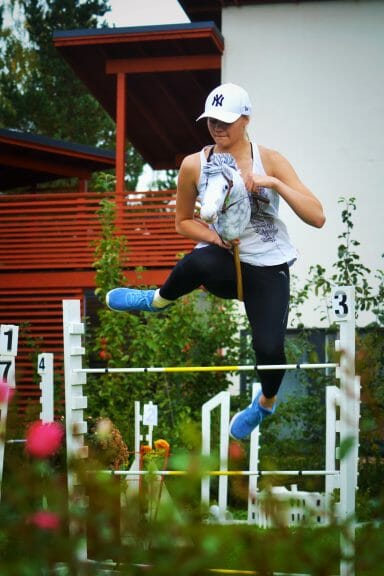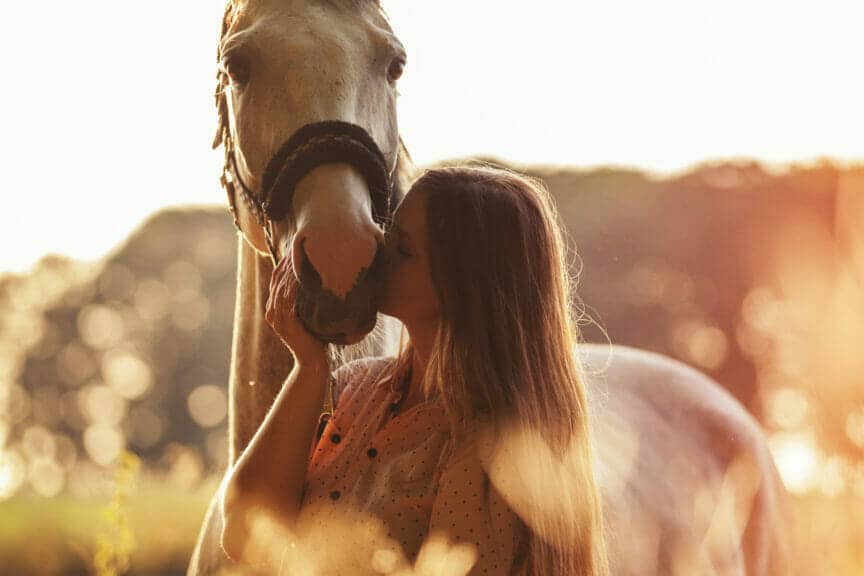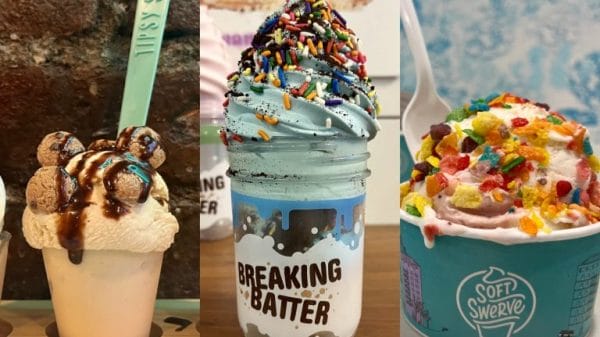There are countless memes on horse girls and horse girl energy, but where did the horse girl stereotype come from and why is a passion for horses so targeted?
What is a horse girl?
Whilst there’s no one definition for a whole spectrum of horse fanatics, the most common horse girl stereotype is a somewhat awkward female pre-teen/teenager who is obsessed with horses. The individual doesn’t have to ride horses, yet has a passion for horses and an extensive knowledge of horses and horse media.
The Urban Dictionary describes a horse girl as:
A girl who wears t-shirts with horses on them and tapered denim pants, has really long hair in which they braid and fasten with a scrunchie in the back of their head, will “gallop” on the track during gym class, is only friends with other girls who like horses and will look down on you because you are not a horse.
The woman I worked for used to be a horse girl, she had an entire wall full of just pictures of her with her horse and always talked about the weekends she would spend riding them.
There seems to be a wide difference in the representation of horse girls vs equestrians. Across social media, equestrians are distancing themselves from the horse girl stereotypes. Often they are positioned as the cool or popular girls of the horse community whereas horse girls tend to care more about their love of horses than their appearance to fit in societal standards.
Horse girl media

Horse riding and horse-based media fuels stereotypes for the cultural presentation of horses and their riders. Across the variety of books, TV Shows, movies, and beyond, there are a few common tropes. Often, the movie revolves around a protagonist who is ‘not like other girls’ as she prefers to focus on her horse rather than her appearance or other friends. She is often an outcast who is the only one who can understand and control her horse. In contrast, the villain is often a rich girl who treats her horses badly and wins competitions despite being a bad rider. Black Beauty, the 1877 novel by Anna Sewell was perhaps the first horse-based piece of literature on which a huge variety of films and TV Shows have been based.
Hobby Horsing
One variation of the horse girl has emerged from Finland where more than 10,000 teenagers between the ages of 12 and 18 are avid hobby horse sportswomen. Each year, the Equestrian Federation of Finland organizes the Hobbyhorse Championship in which contestants compete in dressage and show jumping on handmade hobby horses. Whilst some claim this sport to be childish or bizarre, others praise the athleticism and flexibility required for the activities.

So why are horse girls so obsessed?
Horse riding and rearing take up a huge amount of time. An extraordinary amount of commitment is needed to own and care for horses. From chores to lessons, to practice, it’s no wonder that horses become such an important part of someone’s life. There is also an element of the sport that is widely misunderstood which explains horse riders at times defensive behavior. Horses are hugely powerful animals so to control and ride one requires enormous physical and mental strength.
Does the Internet bully horse girls?
Across the internet, it’s easy to find horse girl memes, but why are they such an easy target? Often, horse girl stereotypes are caricatured and extended until they are mocked for wanting to be a horse, smelling like horses, acting ‘crazy’, and much more. There is a definite separation between the portrayal of young horse girls below the age of 18 and older horse girls who are characterized far more problematically and sexually. Perhaps this internet-wide focus is because of the wealthy, elitist, white connotations of equestrian sports due to their expensive nature.
But is this fair?
Overall, I don’t believe there’s any harm in a little light teasing of a widely privileged community. However, when jokes turn into sexual jibes or young girls are consistently mocked for a harmless passion, I wonder if these memes bring any value to society. If horse girls are often outcasts already, this online mockery cannot help their day-to-day lives. After all, let kids be kids and enjoy their passions in peace.
Giddy up! Keep on galloping kids!













